 |
 |
||
 |
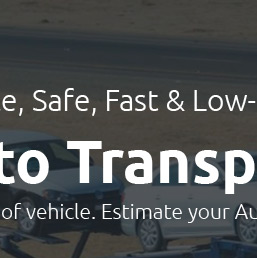 |
 |
|---|---|---|
 |
 |
 |
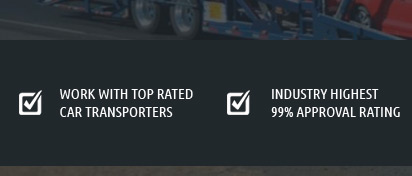 |
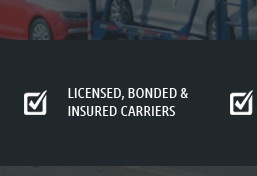 |
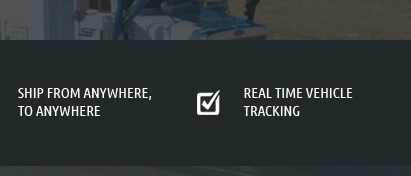 |
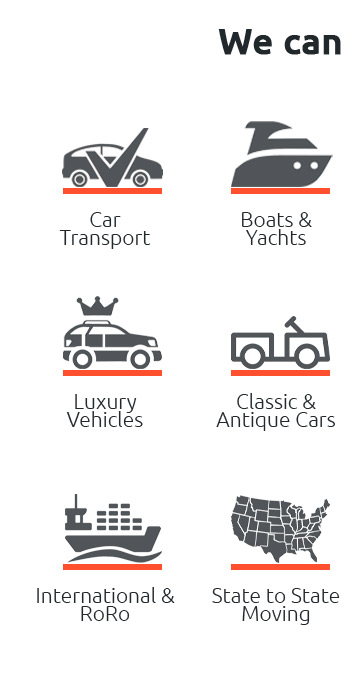 |
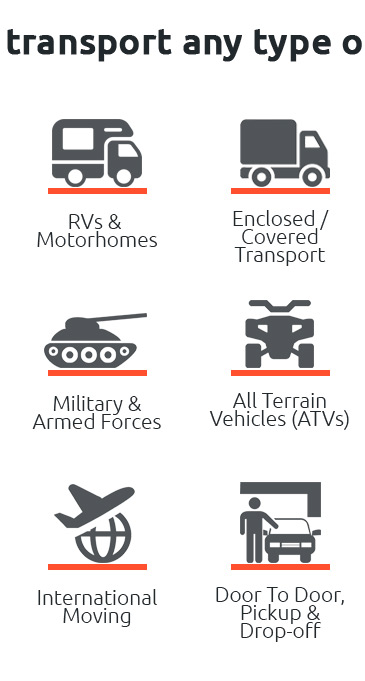 |
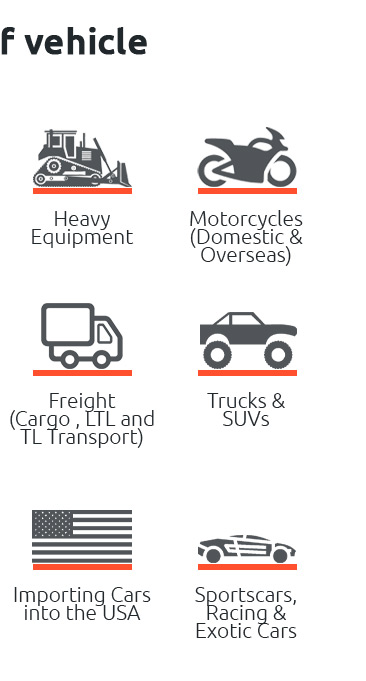 |
|---|
 |
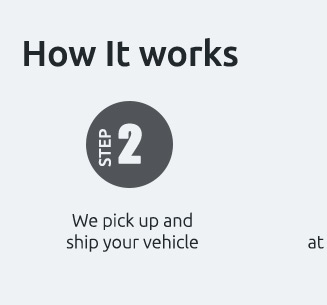 |
 |
|---|---|---|
 |
 |
|
 |
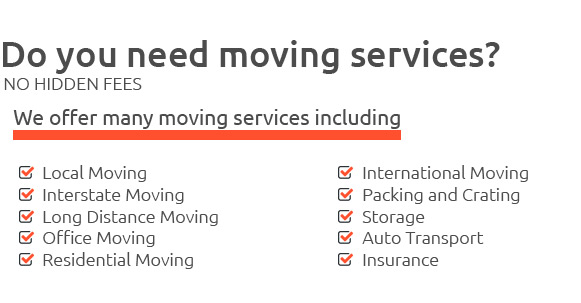 |
|---|---|
 |
RV Camper Transport: A Complete Beginner's Guide to Getting StartedUnderstanding RV Camper TransportTransporting an RV camper can seem daunting, but with the right information, it becomes a manageable task. Whether you're moving a short distance or across the country, knowing the essentials will ensure a smooth process. Types of RV Camper Transport
Preparing Your RV for TransportPreparation is key to ensuring your RV arrives in perfect condition. Follow these steps to get started: Inspection and Maintenance
Securing Your BelongingsSecure all loose items inside your RV to prevent damage during transit. This includes securing cabinets, removing breakables, and ensuring heavy items are properly anchored. Choosing the Right Transport ServiceWhen it comes to selecting a transport service, consider factors like cost, reputation, and the level of service provided. It's crucial to research thoroughly and choose a company that meets your needs. For example, if you're in Overland Park, you might consider companies experienced in handling various transports, similar to pool table movers Overland Park for their expertise and reliability. Checking CredentialsVerify the company's credentials, including licensing and insurance, to ensure they are legally allowed to operate and can cover any potential damages. Cost Factors and BudgetingThe cost of transporting an RV can vary based on several factors. Understanding these will help you budget effectively:
In some regions, you may find companies that specialize in diverse types of transport. For instance, equipment movers Los Angeles may offer insights into competitive pricing and availability. Frequently Asked QuestionsWhat should I do if my RV is damaged during transport?If your RV is damaged during transport, immediately document the damage with photographs and contact your transport company. Ensure you have a copy of the transport agreement and insurance details to facilitate claims. How can I track my RV during transport?Most transport companies offer GPS tracking services, allowing you to monitor the location of your RV in real-time. Confirm the availability of this service before booking. Is it necessary to remove personal items from my RV before transport?Yes, it is advisable to remove valuable personal items and secure all remaining belongings to prevent damage during transport. This ensures the safety of your items and reduces the risk of loss. https://www.nationwideunitedautotransport.com/rv-transport-florida/
We specialize in efficiently transporting various trailer types, including fifth wheel trailers, motorhomes, cargo trailers, toy haulers, camper vans, and more. https://www.shiply.com/us/rv-transport?srsltid=AfmBOor4KV8E2RJNM6yboGWtYQYvwUJhpatBzxzHbag1OwG_P6hkWDYr
Compare quotes from rated RV transport companies in just a few clicks. Travel trailer transport is up to 75% cheaper on Shiply. https://www.wewilltransportit.com/rv-transport-florida/
Florida RV Transport - RV Hauling. We offer flatbed RV transport Florida for luxury campers and tow-away service for fifth-wheels or other tow able trailers. - RV ...
|
|---|